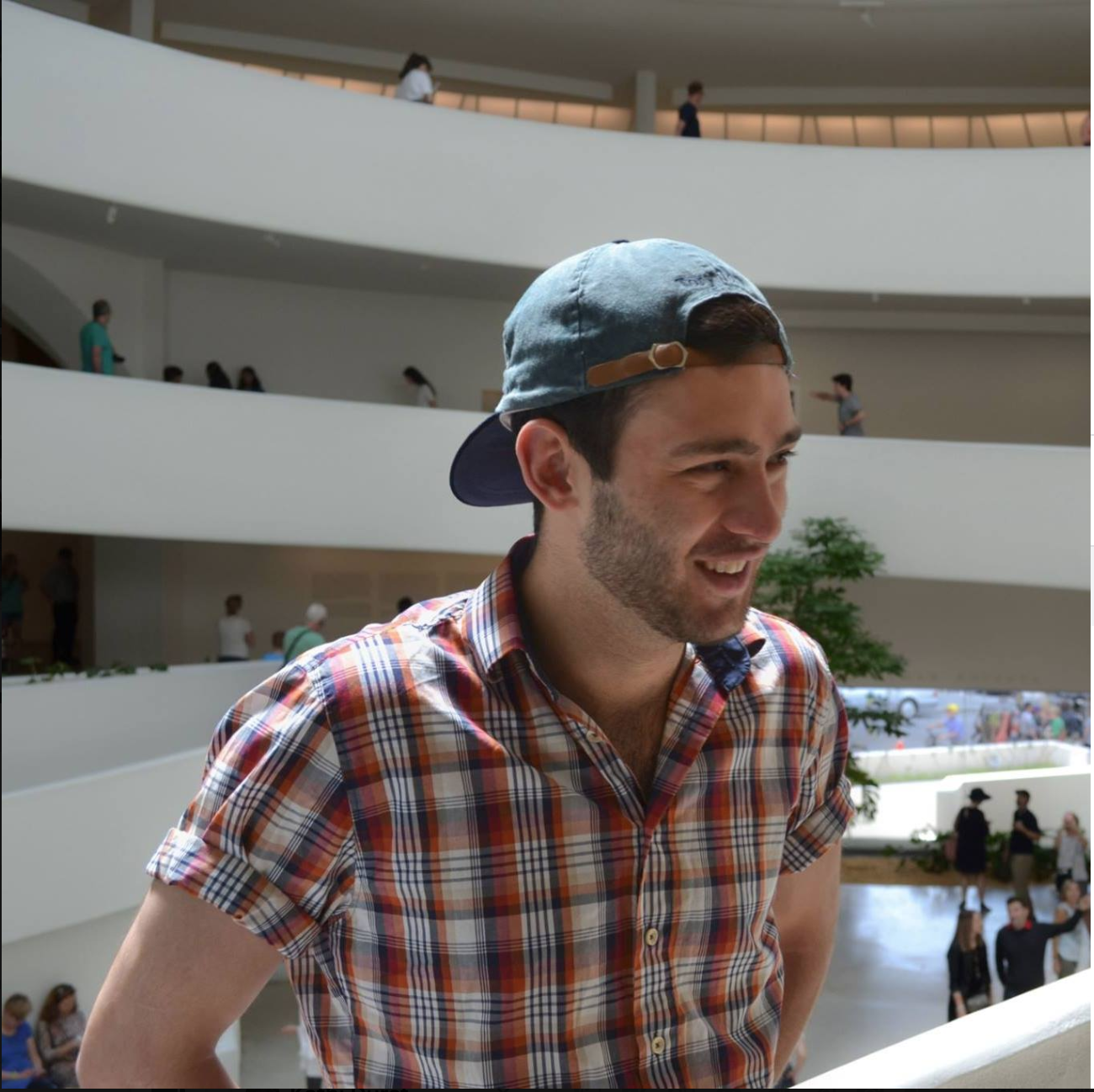The Asper Centre welcomes four new research assistants for the summer of 2020. Despite these unusual times, everyone is busy with exciting projects, including two interventions at the Supreme Court of Canada.
Amy Jun Chen

Amy received her Bachelors of Arts and Science from McMaster University, where she developed her interests in constitutional law, public policy, and intersectional equity. Amy just completed her 1L year at U of T Law. On top of various research tasks and website duties for the Asper Centre, Amy is working on the Asper Centre’s upcoming intervention in R v. Chouhan. The case concerns the constitutionality of the abolition of peremptory challenges in jury selection, and whether this abolition infringes on ss. 7, 11(d), or 11(f) of the Charter. The abolition of peremptory challenges is a positive step towards creating more representative juries, as minority jurors can no longer be excluded from the jury panel without cause. Amy will also be working on the Asper Centre’s constitutional challenge to the voting age in Canada. Outside of law school, Amy enjoys listening to podcasts and playing Animal Crossing.
Adrienne Ralph

Adrienne just completed her 1L year, and is a graduate from McMaster University’s Arts and Science Program. This summer, she will be working on the Asper Centre’s intervention in the City of Toronto v. Attorney General Ontario case at the Supreme Court. This case is centred around the constitutionality of the Ontario Government’s 2018 decision to reduce the number of municipal ridings mid-election, particularly whether it infringes upon section 2b) of the Charter. Adrienne’s legal interests include constitutional, criminal, and labour law, especially their intersections with human rights and social justice. Beyond the law, she is an avid baker (don’t ask about her sourdough starter, though) and is passionate about public transit (definitely ask her about this). She is also the incoming Diversions Editor for Ultra Vires, the independent student newspaper of the Faculty of Law. Adrienne is very excited to be working with the Asper Centre this summer, especially on this case, as it has such potential to affect freedom of expression and election law in Canada.
Angela Gu

Angela completed her undergraduate studies at the University of Toronto, where she majored in Ethics, Society and Law and minored in French Studies and Environmental Biology. She has just completed her first year at U of T Law. This summer, she is working on a report summarizing the discussions from the Media Freedom Symposium held in March 2020 at the Faculty of Law. The report covers the current state of media freedom in Canada, as well as recommendations for moving forward. She is excited to delve into the nuances of media freedom, especially understanding the unique challenges posed by the online media ecosystem. Outside of the Asper Centre, she is volunteering at News Decoder, a non-profit that works towards promoting youth global citizenship education through media literacy and journalistic skills. When not in front of her computer, Angela is perfecting her sourdough loaves and training to run a faster half-marathon. She’s ready to start delivering bread to friends within running distance.
Matthew Mohtadi

Matthew is a graduate from the University of Toronto, completing a double major in Criminology and Sociology. He has just completed his 2L year at U of T Law. This summer, Matthew is drafting a memo to consolidate the research of the Asper Centre’s Sex Workers’ Rights Student Working Group from the past academic year. The purpose of the memo is to provide potential public interest litigants with a constitutional analysis of the Protection of Communities and Exploited Persons Act (PCEPA). The PCEPA was created in response to the decision in Bedford v. Canada, and contains new provisions that criminalize the purchase of sexual services in Canada. The new provisions may still be unconstitutional as many of the harms identified in Bedford continue to be perpetuated. The memo will focus on how ss. 2(b), 7, and 15 of the Charter could be used to strike down these provisions of the PCEPA.
